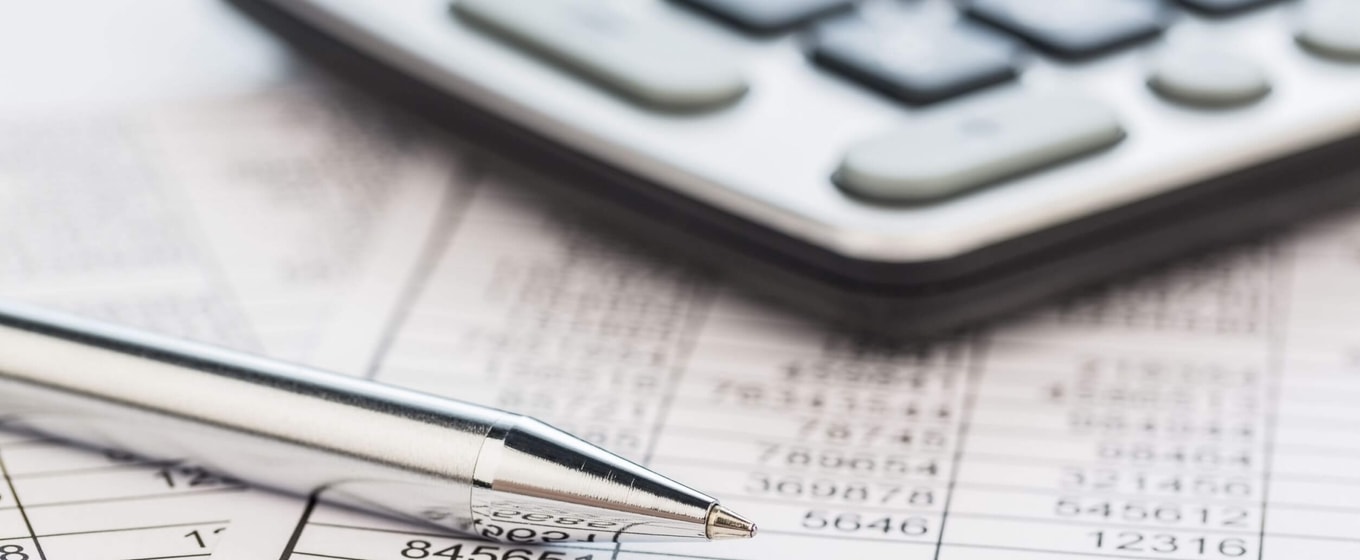What is VAT and how is it calculated?
VAT, or Value Added Tax, is a tax levied on goods and services sold by businesses in the UK. Goods are either VAT-rated (meaning that they have VAT levied on them in accordance with their rating), or VAT exempt (no VAT is payable on these goods).
The standard rate of VAT at present is 20% of the good’s sale pricem- this applies to most items. The reduced rate of 5% applies to certain products viewed as essential or, at least, non-luxury items. These include mobility aids, electricity, gas, and smoking cessations, for instance. A zero-rate applies to goods such as cycle helmets, protective industrial clothing and even aircraft maintenance or repairs. Items exempt from VAT include rent and health services, but zero-rated goods and services are not the same as exempt. See below for more details.
VAT isn’t levied directly by HMRC; it's levied by companies and then paid to HMRC. The amount of VAT a company needs to pay to HMRC is equal to the amount the company charges its customers minus any VAT it paid for any products or services itself. These don’t have to be the same products or services it sells to customers.
What is the VAT threshold?
The VAT threshold is the annual turnover you or your company needs to have before you legally have to register for VAT. It’s currently £82,000 in the UK, and it usually goes up on the 1st of April every year. This figure excludes any VAT-exempt income, such as sales of cold food and charitable donations. Once you’ve registered for VAT, you must include it on all invoices and receipts you issue after the registration date. If your turnover is below the threshold, you may want to register voluntarily anyway if the total VAT on your expenses is higher than that on your income.
Which services are exempt?
The following services are exempt from charging VAT:
- Insurance and finance
- Training and education
- Fundraising events by charities
- Subscriptions to membership organisations
- The selling, leasing and letting of commercial land and buildings
If you fall under one of these categories, you dont need to include VAT on your sales. If you pay for any of the above, you won't be able to reclaim any VAT.
Some services are partially exempt from VAT, a full list of these and all of the relevant information can be found here.
What items are exempt?
Under UK law, some goods and services are exempt from VAT. Some areas that are exempt from VAT are insurance, credit and finance. This includes the granting of credit, shares and bonds. Betting and gaming is similarly exempt.
Another area is education and training, such as tuition in schools or universities. Charities are similarly covered, with all their events being VAT exempt. Subscriptions to membership organisations and entrance fees to museums and art exhibitions are exempt too. The same goes for hospital and medical care from registered health professionals and institutions.
The leasing, letting and selling of commercial buildings and lands is exempt, but this exemption can be waived in certain circumstances.
The great news is that if all the goods or services your business sells are VAT exempt, then your business itself is exempt and you won’t have to register for VAT. There are many conditions that must be met in order for something to be exempt from VAT, so ensure you research your individual product or service carefully.






These cookies are set by a range of social media services that we have added to the site to enable you to share our content with your friends and networks. They are capable of tracking your browser across other sites and building up a profile of your interests. This may impact the content and messages you see on other websites you visit.
If you do not allow these cookies you may not be able to use or see these sharing tools.